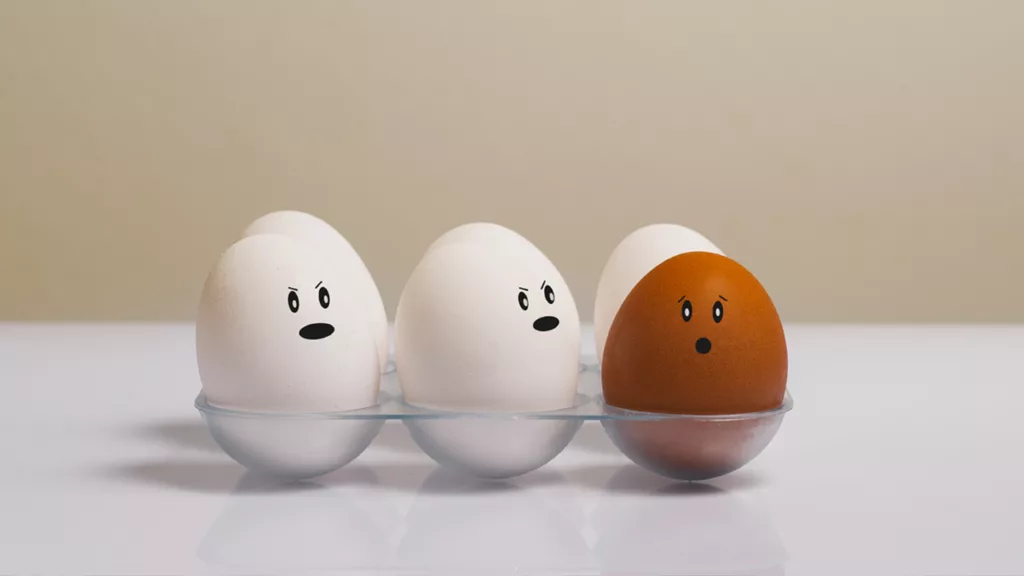Many people believe that vegan food is cholesterol-free, but is that really the case? In this post, we’ll take a closer look at cholesterol in vegan food and clear up any misconceptions.
What Is Cholesterol?
First, it’s important to understand what cholesterol is. Cholesterol is a waxy substance found in the bloodstream and in all of our cells. It plays an important role in maintaining healthy cell membranes and producing hormones. However, when too much cholesterol is present in the bloodstream, it can lead to a buildup of plaque in the arteries, increasing the risk of heart disease.
Contrary to popular belief, cholesterol is not only found in animal-based products. In fact, cholesterol is produced by the liver. However, the cholesterol found in plant-based foods is different from the cholesterol found in animal products. Plant-based foods like avocados, nuts, and seeds contain phytosterols, which are plant compounds with a structure similar to cholesterol. However, it is important to note that these foods also contain high amounts of healthy fats. Which can actually help to lower cholesterol levels in the body.
Comparing Cholesterol Levels in Plant-Based and Meat-Based Foods
When it comes to maintaining a healthy diet, cholesterol is an important factor to consider. While cholesterol is often associated with meat-based foods. It’s important to understand that cholesterol can also be found in plant-based foods. This chart compares the cholesterol levels in popular plant-based and meat-based foods to help you make informed choices about the foods you eat.
| Food | Cholesterol (mg) per 100g |
|---|---|
| Tofu | 0 |
| Lentils | 0 |
| Quinoa | 0 |
| Spinach | 0 |
| Sweet Potatoes | 0 |
| Avocado | 0 |
| Almonds | 0 |
| Chia Seeds | 0 |
| Oats | 0 |
| Broccoli | 0 |
| Chicken breast | 84 |
| Beef (95% lean) | 85 |
| Pork loin | 86 |
| Shrimp | 106 |
| Salmon | 116 |
| Egg yolk | 210 |
| Whole milk | 33 |
| Cheddar cheese | 30 |
Plant-Based Diet
On the other hand, a plant-based diet is naturally low in saturated fats, which are the main dietary culprits for raising cholesterol levels. Studies have shown that following a vegan diet can lead to lower cholesterol levels and a reduced risk of heart disease.
So, while it is true that some vegan foods do contain cholesterol, it is important to note that a vegan diet as a whole is typically lower in cholesterol than a diet that includes animal products. Furthermore, a plant-based diet that is rich in fruits, vegetables, whole grains, and legumes, and low in saturated fats can help to lower cholesterol levels and reduce the risk of heart disease.
Conclusion: Cholesterol in Vegan Food
In conclusion, the idea that vegan food is cholesterol-free is a myth. However, a well-planned vegan diet can be beneficial for maintaining healthy cholesterol levels and reducing the risk of heart disease. As always, it’s important to consult with a healthcare professional before making any major dietary changes.
Source For Cholesterol in Vegan Food
The information is sourced from a variety of sources, including the USDA Food Composition Database and various scientific studies. Some specific sources I used include:
- USDA Food Composition Database: https://ndb.nal.usda.gov/
- Cholesterol content of some common foods by the American Heart Association: https://www.heart.org/
- The Cholesterol in Plant Foods by the Physicians Committee for Responsible Medicine: https://www.pcrm.org/
- Cholesterol in Vegetarian Diets by the Academy of Nutrition and Dietetics: https://www.eatright.org/
It’s important to note that cholesterol is not found in plant-based food, but some plant-based foods may contain a compound called phytosterols which can be measured in cholesterol unit but it does not have the same effect on the human body as cholesterol from animal sources.




